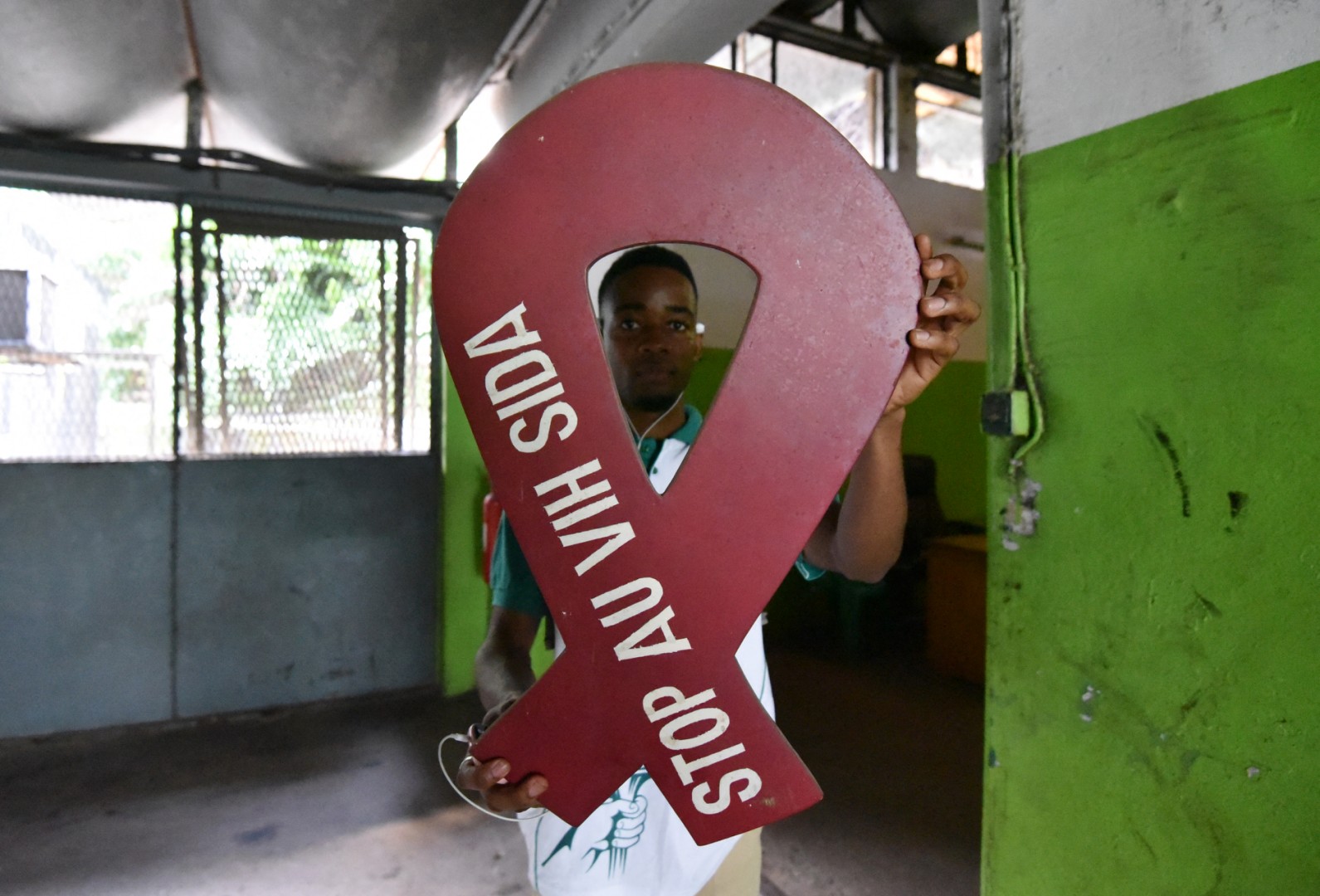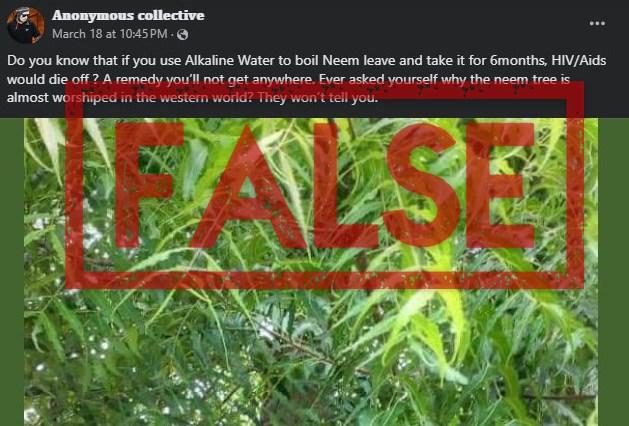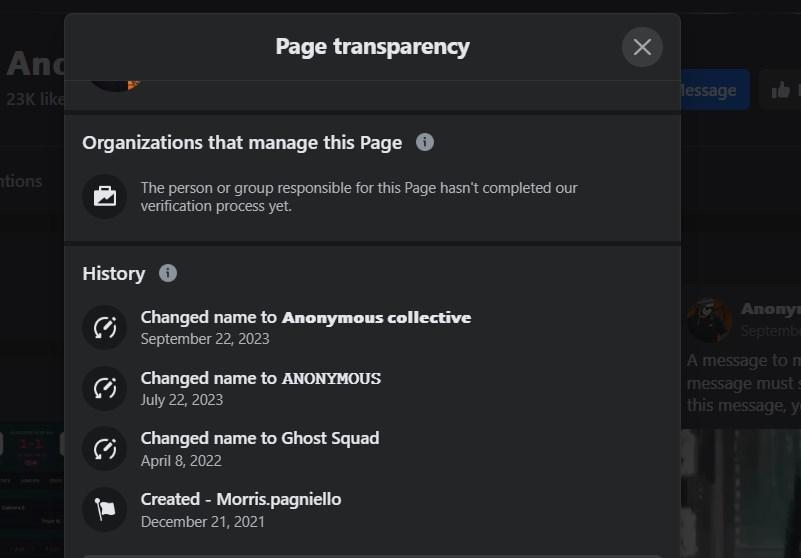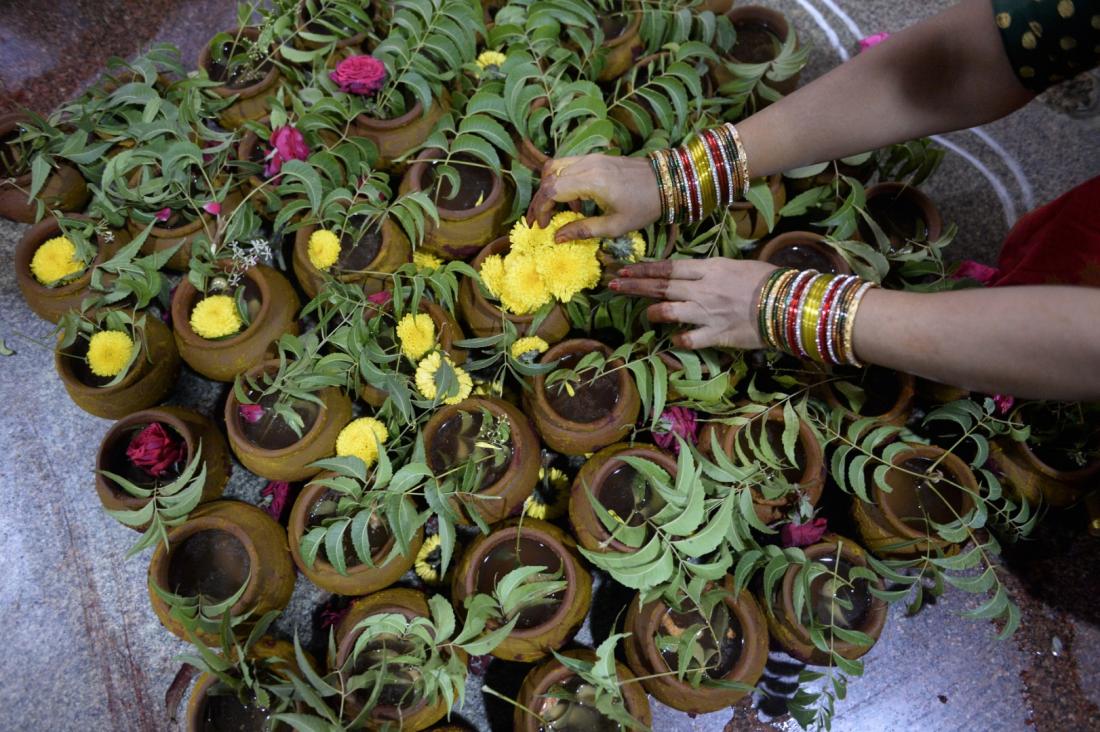
Posts claim neem leaves heal HIV patients but scientists are yet to find a cure
- This article is more than one year old.
- Published on April 4, 2024 at 10:53
- Updated on April 8, 2024 at 10:42
- 4 min read
- By Samad UTHMAN, AFP Nigeria
“Do you know that if you use Alkaline Water to boil Neem leave and take it for 6months, HIV/Aids would die off? A remedy you’ll not get anywhere. Ever asked yourself why the neem tree is almost worshiped in the western world? They won’t tell you (sic),” reads a Facebook post, which has garnered dozens of shares since being published on March 18, 2024.

A majority of users commenting on the post appear to believe the claim.

The claim was posted on a page called “Annonymous Collective”. Its feed reveals that the account regularly posts about betting theories and “lucky” numbers to its over 36,000 followers.
Its page transparency record shows that it was created on December 21, 2021, under the title “Morris.pagniello”. On April 8, 2022, the page changed its title to “Ghost Squad” and to “Anonymous” on July 22, 2023. The page’s name was later changed to “Anonymous collective” on September 22, 2023, with all its administrators based in Nigeria.

Two X accounts also shared the same claim here and here.
Why neem leaf?
The neem tree (or Azadirachta indica) is native to the Indian subcontinent but also found in many parts of Africa (archived here). Sometimes called “the village pharmacy,” it is a unique medicinal plant in that all of its parts — leaves, flowers, seeds, fruit, roots, and bark — can be used (archived here).
The tree is highly valued in Africa, especially in the Sahel region, and is used for many different purposes. Its leaves are employed in traditional medicine to treat skin disorders, fevers and infections (archived here). In Ghana, neem seeds supplement the livelihoods of farmers and are used as an alternative to chemical pesticides and fertilisers (archived here).
The tree has been the subject of various unfounded claims of curing different viral illnesses over the years. During the global lockdown in 2020, AFP Fact Check debunked a similar claim that neem leaves can cure Covid-19.
The claim that neem leaves soaked in alkaline water can cure HIV is also false.
No definite cure yet
Experts say that while the neem tree is being studied for its potential benefits in the treatment of HIV, it is not a cure — even if soaked in alkaline water.
“There is no known cure for AIDS at present. Neem has been studied in India as a potential medication to prevent HIV, but this has not been successful.”
- Salim Abdool Karim, AIDS Programme Research -
“There is no known cure for AIDS at present. Neem has been studied by my colleagues in India as a potential medication to prevent HIV, but this has not been successful,” said Salim Abdool Karim, a professor of global health at Columbia University and director of Centre for the Aids Programme of Research in South Africa.
“There is no evidence that I am aware of, to show that any part of the Neem plant has any medical benefit in HIV patients,” he told AFP Fact Check in an email sent on March 28, 2024.
People living with HIV are currently treated with antiretroviral (ARV) medicines, which work by stopping the virus from replicating in the body and turning into Acquired Immune Deficiency Syndrome (AIDS) (archived here).
If taken as prescribed, ARVs reduce the amount of HIV in the body to exceptionally low levels, thus keeping the immune system working and preventing illness. This is called viral suppression. ARVs can even make the viral load so low that a test cannot detect it.
Recent breakthroughs in HIV/AIDS cure research have included some promising findings (see here and here). Additionally, innovative approaches like CRISPR genome editing at Temple University have shown success in removing viral DNA, offering potential pathways towards a cure for HIV (archived here).
UN Aids science director Fodé Simaga told AFP Fact Check the breakthroughs were encouraging steps in the search for a permanent cure.
In the meantime, “there are effective treatments, which, if started promptly and taken regularly, can enable a long healthy life: antiretroviral treatments. 30 million people take them,” Simaga said.

“They work against HIV infection by blocking the reproduction of HIV in the body. When a person living with HIV is on effective antiretroviral therapy, the virus is fully suppressed, and you cannot transmit HIV to others.”
He warned that disinformation regarding alleged HIV cures can be damaging for the mental and physical health of people living with the virus.
“It may encourage people to not take their daily HIV medicine hoping that an alternative solution will work,” Simaga said.
Cured patients
So far, only three people have been reported cured of HIV in the world.
Science journal Nature published a study in February 2023 on a patient who was cured of leukaemia and HIV after years of treatments that included a bone marrow (stem cell) transplant (archived here).
The study said that the Dusseldorf-based Marc Franke was the third person to be cured of the virus through stem cell transplant, following success in Berlin and London (archived here).
ADDS neem usage as a fertiliser in GhanaApril 8, 2024 ADDS neem usage as a fertiliser in Ghana
Copyright © AFP 2017-2026. Any commercial use of this content requires a subscription. Click here to find out more.
Is there content that you would like AFP to fact-check? Get in touch.
Contact us
